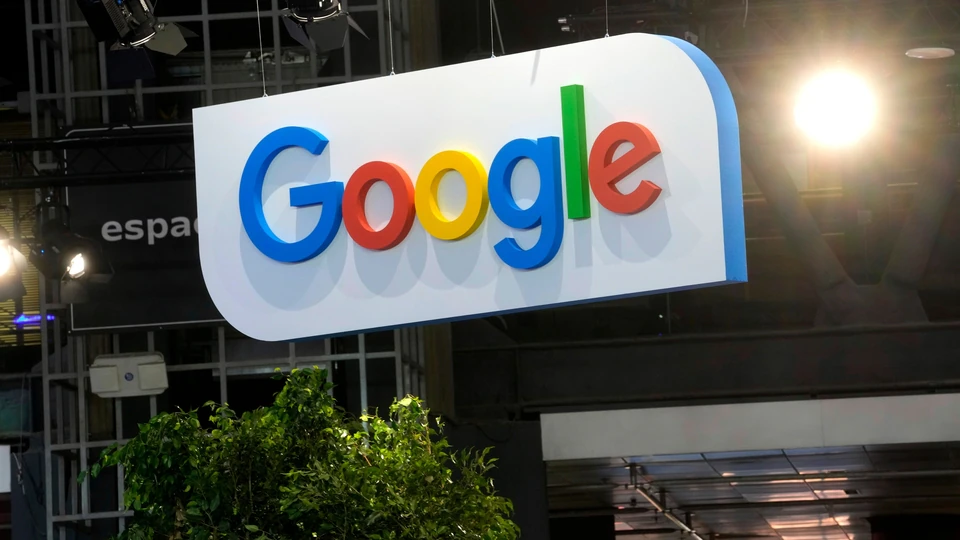In response to a recent US ruling that declared Google’s dominance in online search as unlawful, Alphabet’s Google has proposed easing its agreements with Apple and other companies that make Google the default search engine on new devices. This move is part of the company’s attempt to address the antitrust concerns raised by the court. However, Google’s proposal is seen as more limited compared to the government’s recommendation to compel Google to sell its Chrome browser, a suggestion that Google has firmly rejected, calling it an extreme step that could disrupt the search market.
Google’s legal team urged US District Judge Amit Mehta, who issued the initial ruling, to carefully consider any measures that might be imposed on the company. Google emphasized that the current legal environment—marked by rapid advancements in artificial intelligence—necessitates a balanced approach that does not hinder innovation. In court filings, Google argued that antitrust remedies should not stifle progress, especially at a time when AI is revolutionizing how users interact with online services, including search engines.
Although Google plans to appeal the decision once the case concludes, it has expressed its belief that any remedies should focus primarily on its distribution agreements with mobile device manufacturers, wireless carriers, and browser developers. These agreements, according to the judge’s findings, have given Google a significant, often invisible advantage over its competitors, with many devices in the US coming pre-installed with Google’s search engine. The company is now proposing to loosen these agreements in order to address concerns of anti-competitive behavior.
The case against Google, which centers around its control of the online search and related advertising markets, has raised important questions about the balance between promoting competition and fostering technological innovation. As the legal process moves forward, Google’s proposed changes to its distribution deals may play a critical role in shaping the future of both the company and the broader digital ecosystem.

















